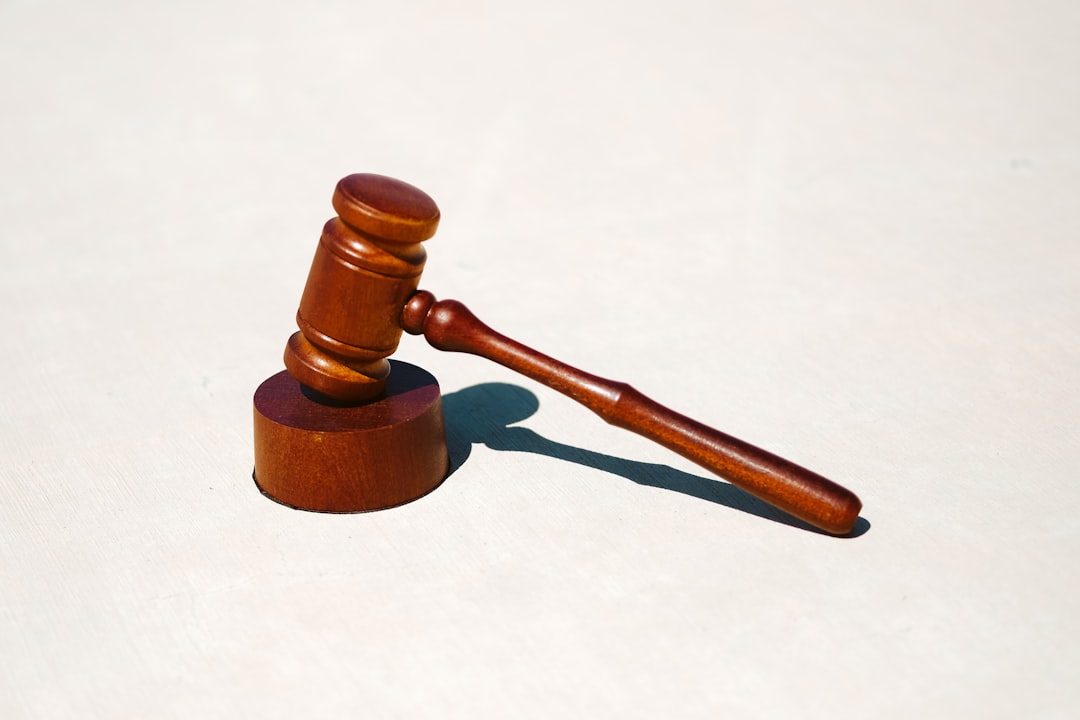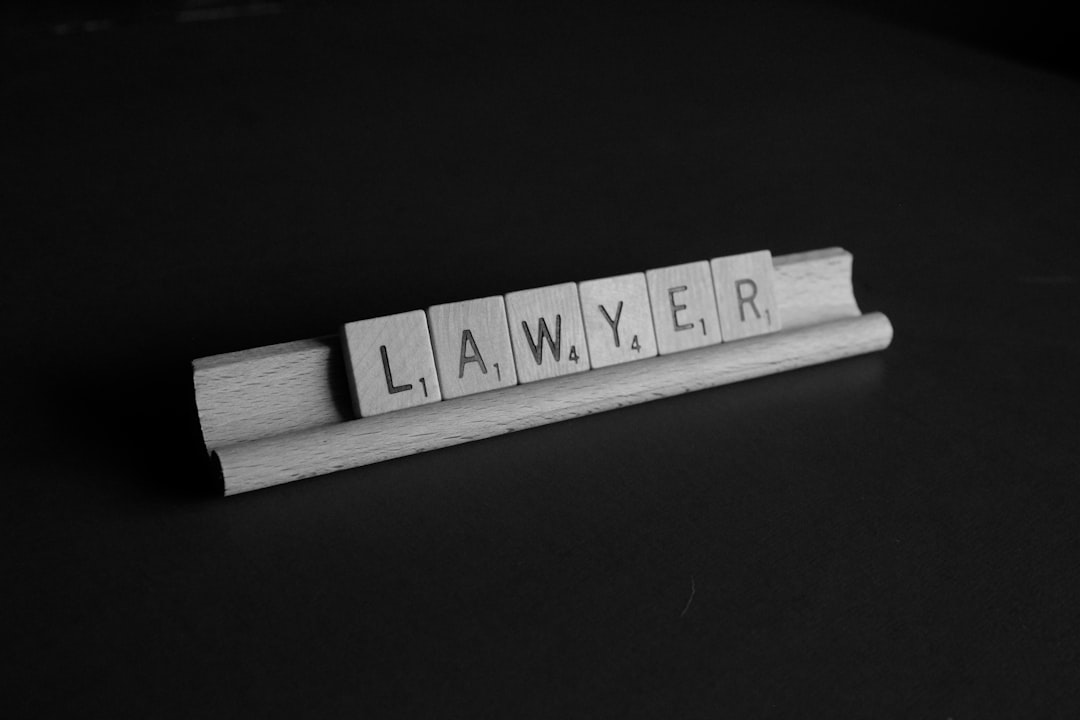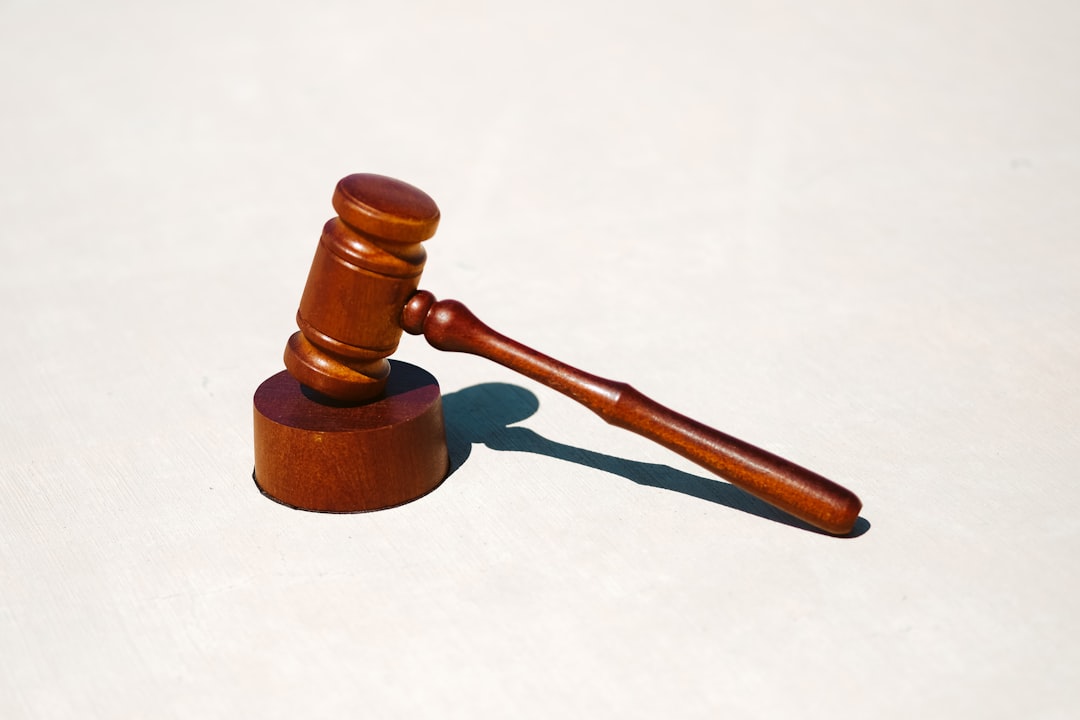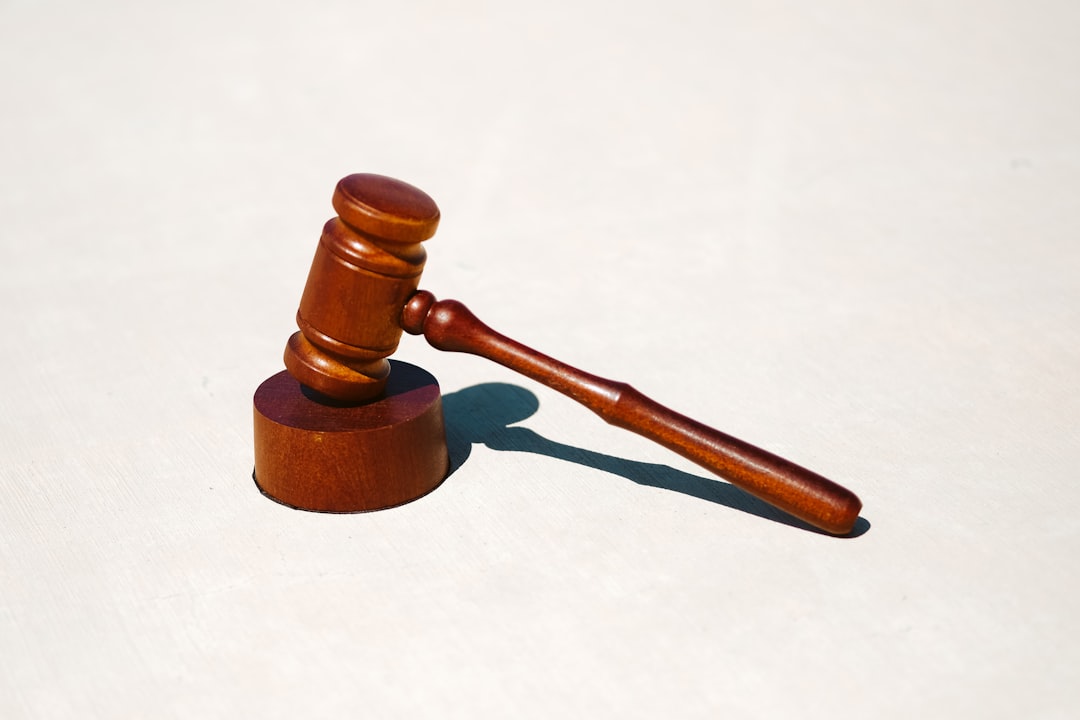In Denver, strict laws protect victims of sexual abuse, making it critical for both parties to understand their rights. Social media complicates legal landscapes for defendants, who must balance privacy with transparency. Sexual abuse attorneys in Colorado serve as vital guides, navigating digital interactions that could impact case outcomes. They use social media platforms and advanced tools to trace interactions, uncover hidden histories, and challenge allegations. These experts ensure robust defenses and justice for all, leveraging digital evidence to reshape narratives and expose inconsistencies. Defendants must strategically use social media while navigating ethical considerations, privacy violations, and legal discovery rules with the help of skilled sexual abuse attorneys in Colorado.
In Denver, as across the nation, social media has become a double-edged sword in sexual abuse cases. While prosecutors leverage digital evidence to build compelling cases, defendants can also turn to these platforms for defense strategies. This article explores the legal landscape of Denver’s sexual abuse laws and the role of social media, delving into tactics for defendants, ethical considerations, and real-world case studies. Armed with knowledge, sexual abuse attorneys in Colorado can navigate this digital age effectively.
Understanding the Legal Landscape: Denver Sexual Abuse Laws and Social Media

In Denver, sexual abuse cases are governed by strict laws designed to protect victims and ensure justice. Understanding these laws is crucial for both victims and defendants. When it comes to social media, the legal landscape can be complex. Defendants in sexual abuse cases in Colorado must navigate a series of regulations that protect the privacy and rights of victims, while also allowing for transparency and due process.
Sexual abuse attorneys in Colorado play a vital role in guiding clients through this intricate web. They help defendants understand how social media interactions might impact their case, from potential evidence to legal precedents. With the vast amount of personal information available online, it’s essential to consult with legal experts to ensure any digital footprint doesn’t inadvertently harm the defense strategy or worse, jeopardize the rights of the accused.
The Role of Digital Evidence in Colorado Sexual Assault Cases

In Denver and across Colorado, sexual assault cases have seen a significant shift with the advent of digital evidence. Social media platforms now play a crucial role in gathering and presenting evidence that can either support or undermine claims of sexual abuse. Sexual abuse attorneys in Colorado utilize these online tools to trace interactions, uncover hidden histories, and even challenge the validity of allegations. By sifting through posts, messages, and photos, legal professionals can gain insights into an individual’s behavior and character before and after the alleged incident, potentially reshaping the narrative of the case.
The impact of digital evidence extends beyond direct online communications. Experts now analyze metadata associated with digital media files, such as photos and videos, to determine dates, locations, and even devices used for creation or sharing. This technological advancement has proven invaluable in sexual assault cases, where timing and context are critical. Sexual abuse attorneys in Colorado leverage these tools to ensure a thorough investigation, providing robust defenses for their clients and ensuring justice is served.
Strategies for Defendants: Building a Defense with Social Media Clues

In Denver sexual abuse cases, defendants often look to social media as a strategic tool to build their defense. Skilled sexual abuse attorneys in Colorado can uncover valuable clues and evidence through online platforms, providing insights into the victim’s life and potential inconsistencies in their claims. Social media posts, messages, and interactions can reveal personal details, friendships, and past behaviors that may either corroborate or undermine the plaintiff’s narrative.
Defendants may attempt to portray the victim as someone with a history of untruths or inconsistent behavior by examining online conversations, photos, and check-ins. This strategy aims to cast doubt on the credibility of the plaintiff’s accusations. Sexual abuse attorneys in Colorado can navigate this complex landscape, ensuring that any social media evidence is properly authenticated, relevant, and admissible, while also protecting their client from potential privacy violations and ethical pitfalls.
Ethical Considerations: Privacy, Consent, and Attorney-Client Privilege

In Denver sexual abuse cases, defendants may attempt to leverage social media as a tool for defense strategies, but this practice raises significant ethical considerations that cannot be overlooked. Privacy is paramount; victims often share intimate details of their experiences online, and defense attorneys must navigate these digital trails with care to respect the victim’s privacy while adhering to legal discovery rules.
Consent plays another critical role. Any use of a victim’s social media posts or interactions must be justifiable and relevant to the case. Attorney-client privilege also comes into play when defendants or their representatives communicate via social media, particularly if such communications pertain to the case strategy or contain privileged information. Sexual abuse attorneys in Colorado must strike a delicate balance between utilizing these digital resources for building defenses and ensuring ethical conduct throughout the legal process.
Case Studies: Successful Defense Tactics Using Social Media Data

In Denver, sexual abuse cases often turn on intricate details and circumstantial evidence. Social media has emerged as a powerful tool for defendants, providing unique insights that can challenge accusers’ narratives. Case studies illustrate successful defense tactics where social media data was pivotal. For instance, in a high-profile case, the defense team meticulously analyzed the plaintiff’s online activity, uncovering inconsistent statements and relationships, ultimately casting doubt on their claims.
These strategies have been instrumental for sexual abuse attorneys in Colorado. By sifting through public posts, messages, and interactions, defense lawyers can identify potential weaknesses in the prosecution’s case. Such tactics not only strengthen the defendant’s position but also highlight the importance of digital literacy among legal professionals to effectively navigate and utilize social media evidence in court.




